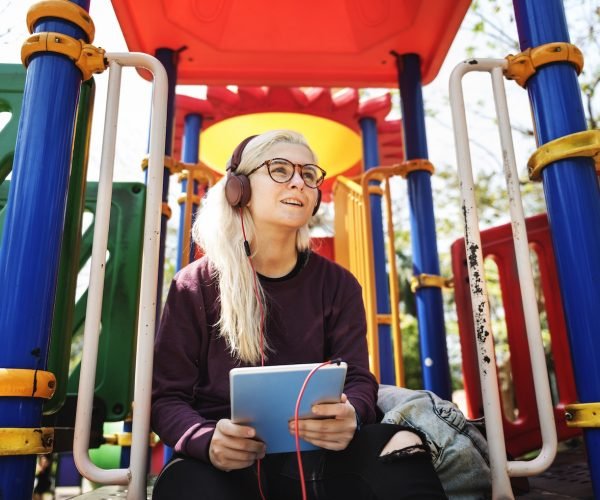Digital Culture
What Is Digital culture?
In the simplest explanation, digital culture is the relationship between people and the use of technology. It describes how digital media and technology have shaped our everyday lives and interactions with society, people and work. Digital media can be in the form of any device where you can listen, watch, create, and share information. It is used as software, on websites, social media and even video games. From computers to tablets and even ps4 virtual reality devices, it all consumes digital media. Embracing a digital culture nowadays is important.
For instance, digital culture at work can break superiority and encourage a collaborative work environment. With the use of digital media, work can be easily delegated and pass on information as quickly as possible.

Virtual Reality In Digital Culture
Virtual reality or VR is a device that mimics the real world with a simple tool similar to a pair of goggles. It is widely used for entertainment including games and movies. However, some organisations also use it as an educational tool for training people for medical or military purposes.
Despite the educational benefits of VR, it poses several health and safety concerns. Prolonged use of VR can be straining to the eyes and other sensory motors. Moreover, excessive use of VR has several impacts on social interactions, relationships, and cognition. People may spend more time in the virtual space rather than the outside world.
Social Media In Digital Culture
Social media has become the ultimate platform for individualised expression and connection with other people. We have the ability to share our thoughts with the world but it raises questions on privacy and security. The fact that we allow social media to use our information is just simply another way of surrendering our privacy and data.
Our behaviour is being tracked on social media – from the websites we click to the pictures we like and the products we purchase. The things we see on social media influences our behaviour as well. Our consumer behaviour and personal interests can be easily manipulated by the countless information we process from social media. It creates a unique culture of a generation where people think and act alike at a certain point.
The Benefits of Digital Culture
Digital culture in the workforce attracts young individuals who are looking to grind away from the typical 9 to 5 job. The young generation is always on the lookout for companies that allow them to showcase their creativity in many forms of digital media and to be in a collaborative work environment. The different digital media platforms allow employees to do their job faster and have a voice in expressing their opinions at work.
The digital age is an ever-changing time that continuously grows and innovates. People can expect more learning opportunities as we have more access to the internet and more digital technology being created. Furthermore, digital culture has made it possible to make every information accessible online to everyone including online courses, books, training, and more.
